Technology is an essential part of our lives today and few can imagine living without it. We achieved a lot with the help of technological advances, for example, we have the possibility to travel, keep in touch with friends on the other side of the world, and cure many illnesses.
The Internet hosts an enormous information base. Technology has made it possible for this information to reach far and wide. Online education has set in, making it possible to render knowledge to students inhabiting remote locations on Earth.
Technology is not only shaping our future but is also helping to make our lives more compatible with nature. We are able to develop clean energy, transport possibilities with less emissions and build low-energy houses to save resources.
Technology allows us more freedom and choices but at the same time we have to consider the social imbalance where the same technologies aren’t available to everyone.
Here are our Top 5 books that explore the role of technology in our world.
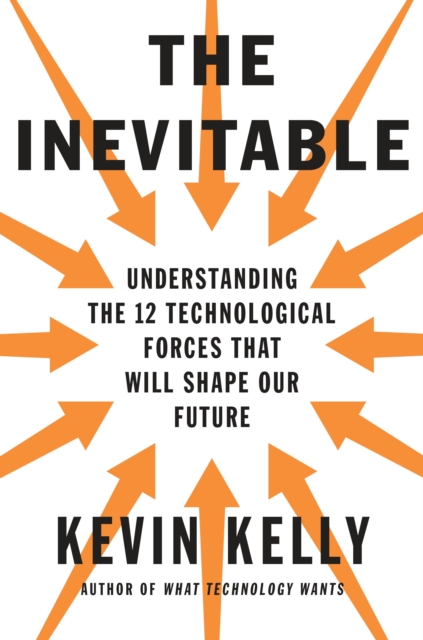 The Inevitable: Understanding the 12 Technological Forces That Will Shape Our Future by Kevin Kelly
The Inevitable: Understanding the 12 Technological Forces That Will Shape Our Future by Kevin Kelly
In this fascinating, provocative new book, Kevin Kelly provides an optimistic road map for the future, showing how the coming changes in our lives from virtual reality in the home to an on-demand economy to artificial intelligence embedded in everything we manufacture can be understood as the result of a few long-term, accelerating forces. Kelly both describes these deep trends interacting, cognifying, flowing, screening, accessing, sharing, filtering, remixing, tracking, and questioning and demonstrates how they overlap and are codependent on one another. These larger forces will completely revolutionise the way we buy, work, learn, and communicate with each other. By understanding and embracing them, says Kelly, it will be easier for us to remain on top of the coming wave of changes and to arrange our day-to-day relationships with technology in ways that bring forth maximum benefits.
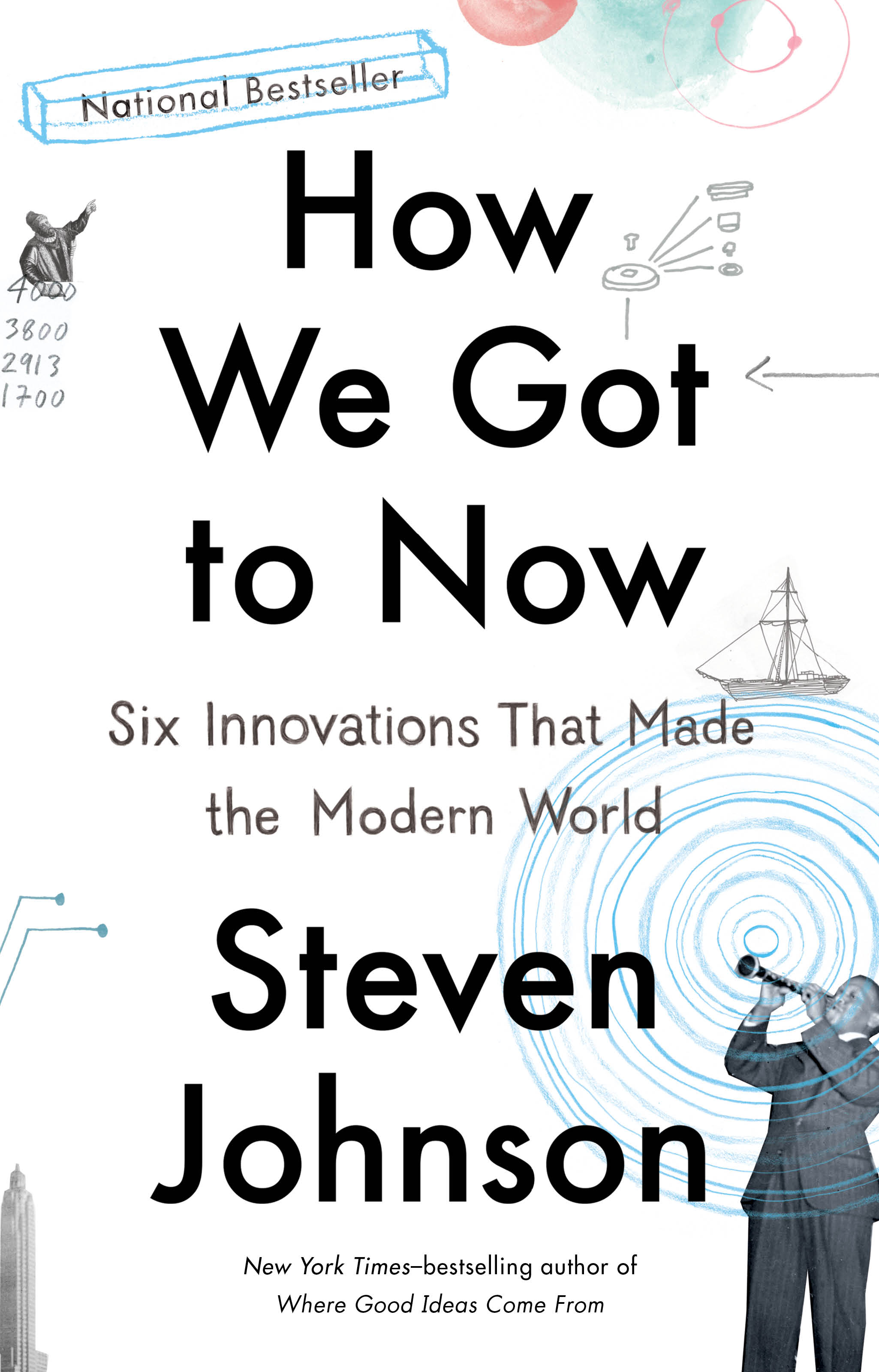 How We Got to Now: Six Innovations That Made the Modern World by Steven Johnson
How We Got to Now: Six Innovations That Made the Modern World by Steven Johnson
In this illustrated history, Steven Johnson explores the history of innovation over centuries, tracing facets of modern life (refrigeration, clocks, and eyeglass lenses, to name a few) from their creation by hobbyists, amateurs, and entrepreneurs to their unintended historical consequences. Filled with surprising stories of accidental genius and brilliant mistakes this book investigates the secret history behind the everyday objects of contemporary life. In his trademark style, Johnson examines unexpected connections between seemingly unrelated fields: how the invention of air-conditioning enabled the largest migration of human beings in the history of the species—to cities such as Dubai or Phoenix, which would otherwise be virtually uninhabitable; how pendulum clocks helped trigger the industrial revolution; and how clean water made it possible to manufacture computer chips. How We Got to Now is the story of collaborative networks building the modern world, written in the provocative, informative, and engaging style that has earned Johnson fans around the globe.
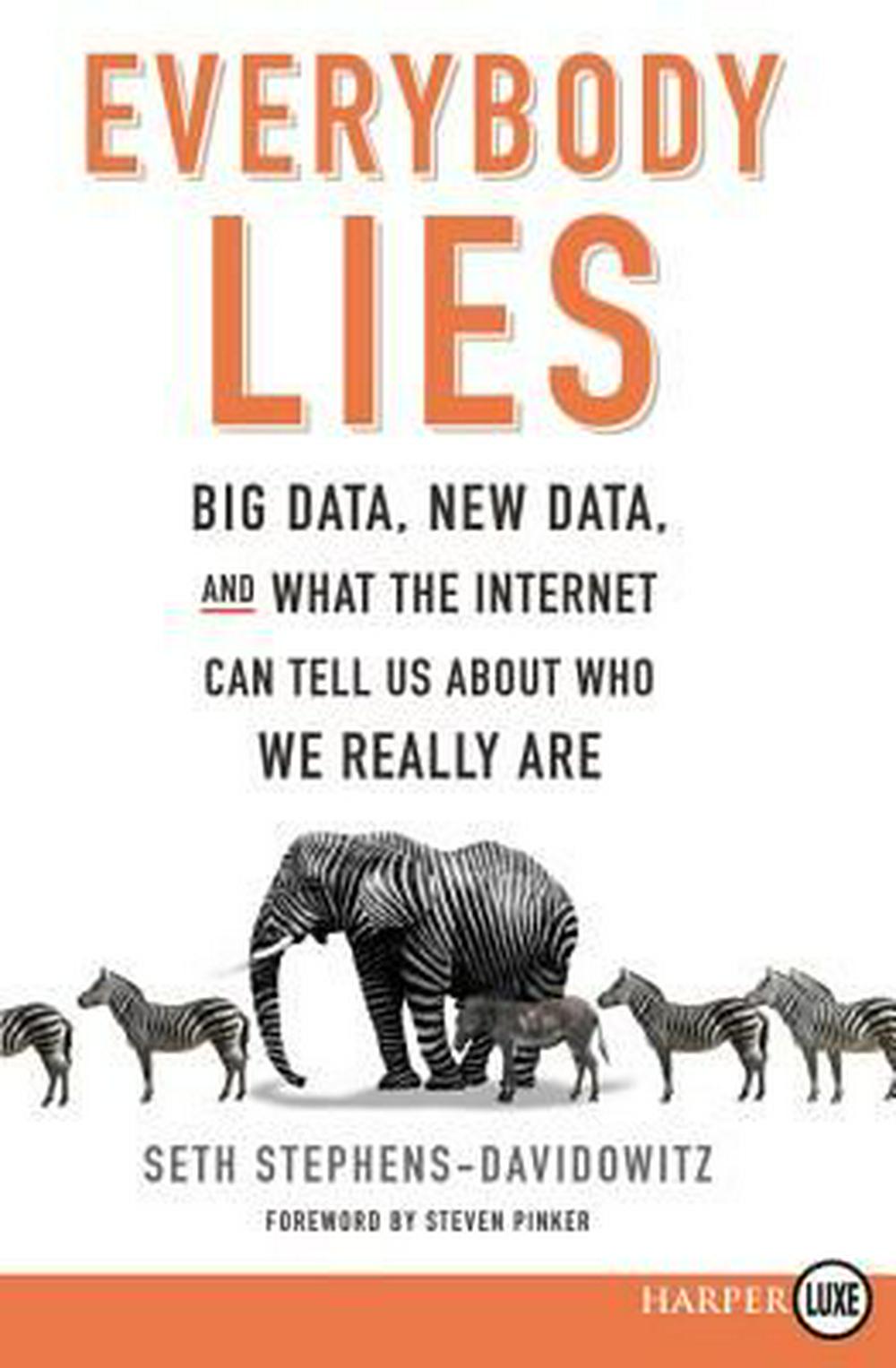 Everybody Lies: Big Data, New Data, and What the Internet Can Tell Us about Who We Really Are by Seth Stephens-Davidowitz
Everybody Lies: Big Data, New Data, and What the Internet Can Tell Us about Who We Really Are by Seth Stephens-Davidowitz
By the end of an average day in the early twenty first century, human beings searching the internet will amass eight trillion gigabytes of data. This staggering amount of information can tell us a great deal about who we are; the fears, desires, and behaviours that drive us, and the conscious and unconscious decisions we make. From the profound to the mundane, we can gain astonishing knowledge about the human psyche that less than twenty years ago, seemed unfathomable. Everybody Lies offers fascinating, surprising, and sometimes laugh-out-loud insights into everything from economics to ethics to sports to race to sex, gender and more, all drawn from the world of big data. This book offers revelations that can help us understand ourselves and our lives better. Drawing on studies and experiments on how we really live and think, he demonstrates in fascinating and often funny ways the extent to which all the world is indeed a lab. With conclusions ranging from strange but true to thought provoking to disturbing, he explores the power of this digital truth serum and its deeper potential–revealing biases deeply embedded within us, information we can use to change our culture, and the questions we’re afraid to ask that might be essential to our health–both emotional and physical. All of us are touched by big data everyday, and its influence is multiplying. Everybody Lies challenges us to think differently about how we see it and the world.
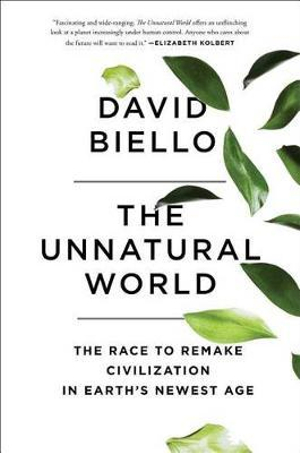 The Unnatural World: The Race to Remake Civilisation in Earth’s Newest Age by David Biello
The Unnatural World: The Race to Remake Civilisation in Earth’s Newest Age by David Biello
The Unnatural World chronicles a disparate band of unlikely heroes: an effervescent mad scientist who would fertilise the seas; a pigeon obsessive bent on bringing back the extinct; a low-level government functionary in China doing his best to clean up his city, and more. These scientists, billionaires, and ordinary people are all working toward saving the best home humanity is ever likely to have. What is the threat? It is us. In a time when a species dies out every ten minutes, when summers are getting hotter, winters colder, and oceans higher, some people still deny mankind’s effect on the Earth. But all of our impacts on the planet have ushered in what qualifies as a new geologic epoch, thanks to global warming, mass extinction, and such technologies as nuclear weapons or plastics.
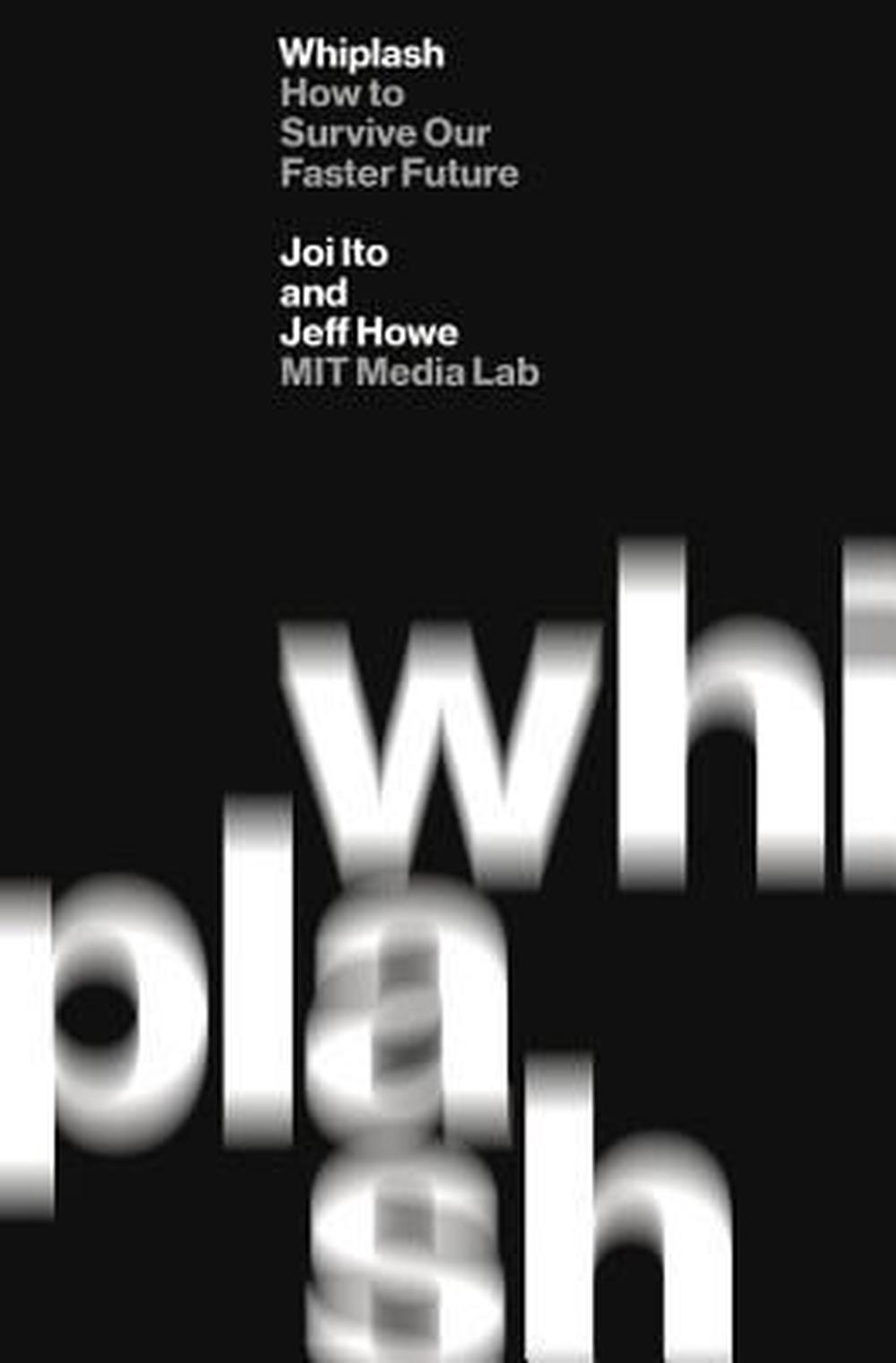 Whiplash: How to Survive Our Faster Future by Joi Ito
Whiplash: How to Survive Our Faster Future by Joi Ito
The world is more complex and volatile today than at any other time in our history. The tools of our modern existence are getting faster, cheaper, and smaller at an exponential rate, just as billions of strangers around the world are suddenly just one click or tweet or post away from each other. When these two revolutions joined, an explosive force was unleashed that is transforming every aspect of society, from business to culture and from the public sphere to our most private moments.
Such periods of dramatic change have always produced winners and losers. The future will run on an entirely new operating system. It’s a major upgrade, but it comes with a steep learning curve. The logic of a faster future oversets the received wisdom of the past, and the people who succeed will be the ones who learn to think differently.
Enjoy!